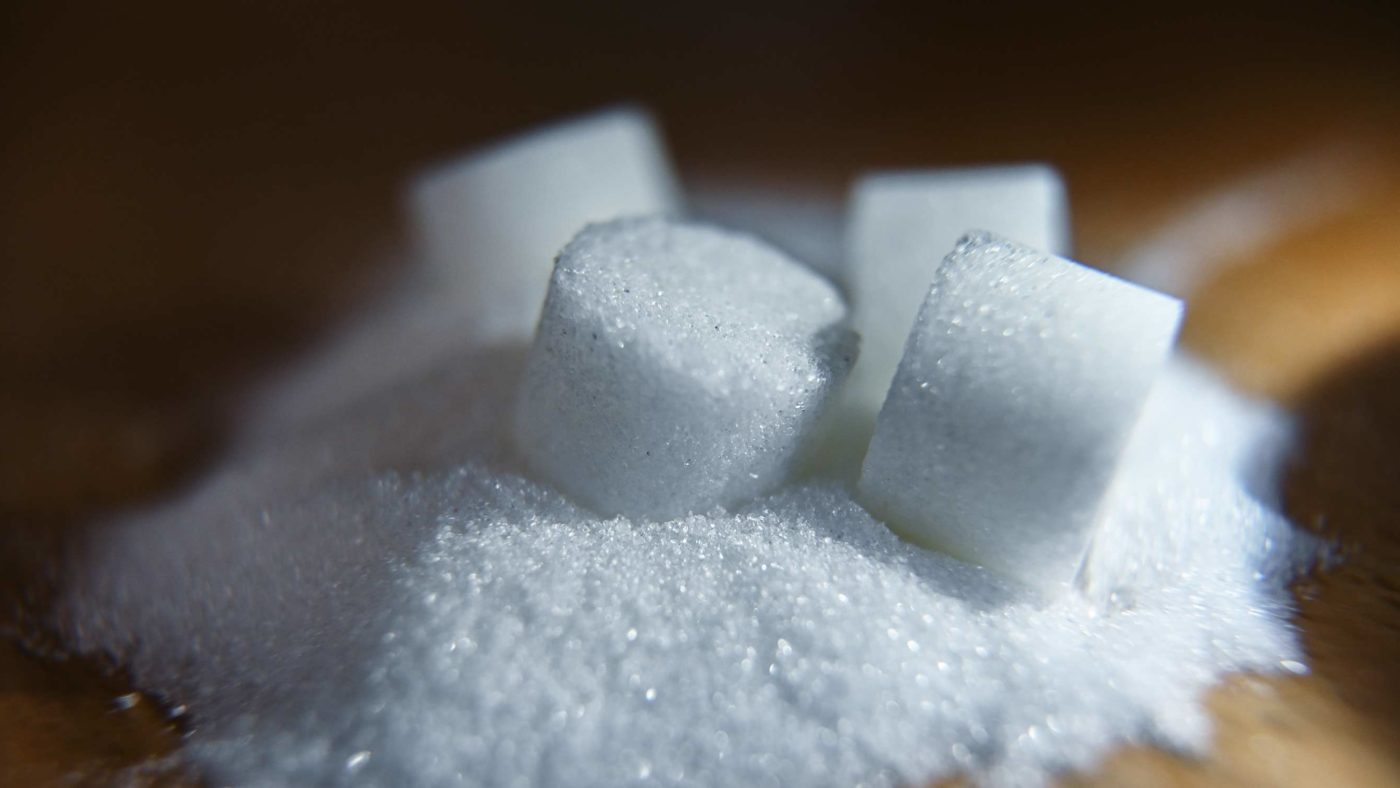Should we all get fat and happy upon British Sugar? Or should we bankrupt the NHS with obesity fuelled by British sugar?
On that one capital letter rests the latest demand from the National Farmers’ Union, which is up in arms that Tate & Lyle is labelling its foreign-produced sugar with a British flag, simply because it is processed here.
The background here is that T&L processes cane sugar for the breakfast tables of the nation, while rival firm British Sugar processes sugar beet for the same purpose. Cane does not grow in the UK – outside the Eden Project possibly – but it is refined here, so T&L has exercised its right to slap a Union Jack on its packets.
The actual argument is rather deeper and more historic than a simple spat about labelling.
The use of sugar beet in Europe really started when the Royal Navy was blockading the continent – and the Continental System – against Napoleon. This meant that the Caribbean and other cane sugar could not get through, hence the substitution. Here in the UK the same problem arose in World War II, so we expanded domestic production. That neither Napoleon nor U-boats currently exist does not change the fact that we now have a political pressure group among beet farmers and processors of European-grown sugar.
The European Union therefore had a system of significant tariffs upon the import of cane sugar in order to subsidise those beet farmers and processors. This was all complicated by carve-outs for colonial era linkages which were then, over time, phased out. That’s just how politics and trade work – once there’s a political client grouping then favours will be granted. The problem, of course, is that while the producers gain the juice from the system it is the consumers who are left with the bitter costs. That’s all of us having to pay more than we should to keep a few thousand beet farmers sweet.
One of the sensible things that has been done now that we’re free of that system is that tariffs have been cut on some portion of that influx of cane-derived sugar. We’d all be better off if there were no quotas nor tariffs at all, but that might be a bit much to be asking for this early. This is true whether we should all be eating less sugar or not. Making it more expensive through tax so that we consume less means we do gain the benefit of the tax. Deliberately buying expensively produced sugar does not aid the public purse in the same manner. The overriding point is that sugar should be treated generally as a class of product, not differently according to where it is grown.
The NFU’s argument seems to be that now we’re free of the EU we should re-impose the same tariffs to protect our beet farmers. There’s a certain righteous, even ripe, Anglo-Saxonness to the correct response to such a demand.
There is another delicious irony to the debate though. T&L is currently owned – the British refineries that is – by the Fanjuls, who have spent decades arguing for tariff and other barriers against imports of cane sugar into America. So successful has the US sugar lobby been that the domestic price in the States is about twice the world one. It’s so expensive that Lifesavers – a kind of transatlantic version of Polo Mints – are made in Canada, as candy does not attract the same heavy tariffs as the sugar it’s made from.
It bears repeating that these kind of restrictions on trade, whether in the US or the EU, benefit no one but small groups of producers. Getting rid of trade restrictions benefits the great mass of consumers, many of whom are probably unaware of the protectionism driving up the cost of their weekly shop. Given that consumers and voters are one and the same, we should logically all be voting for free trade and politicians who promote it.
And now that we’re actually free to do this, outside the EU’s customs union, why shouldn’t we have free trade in sugar? In fact, why not in everything?
Click here to subscribe to our daily briefing – the best pieces from CapX and across the web.
CapX depends on the generosity of its readers. If you value what we do, please consider making a donation.


